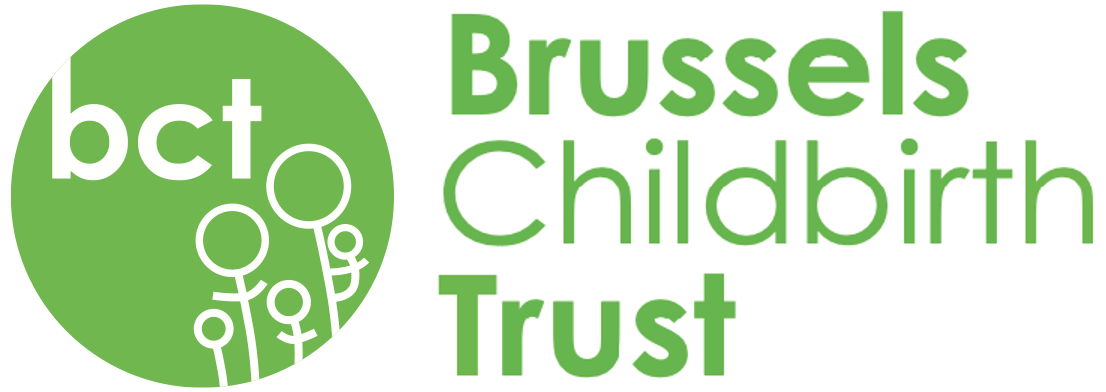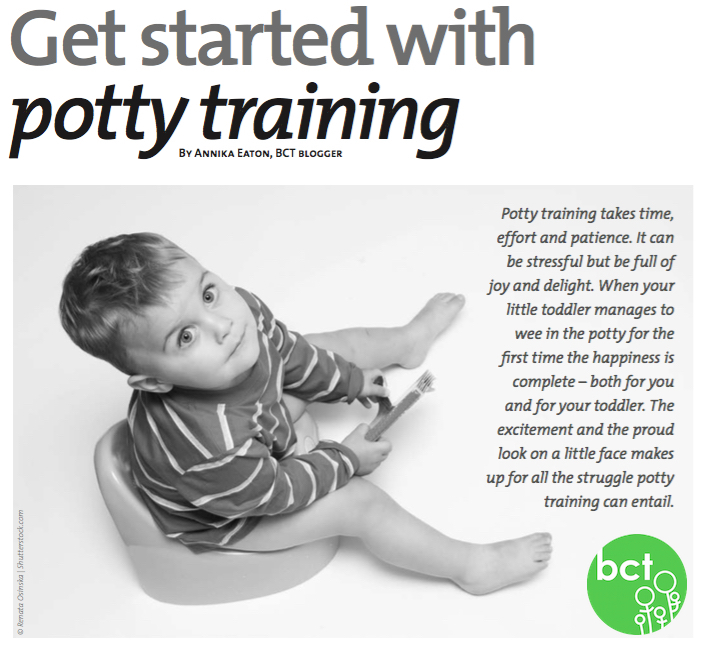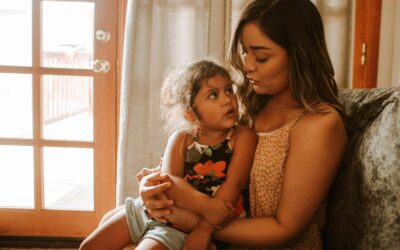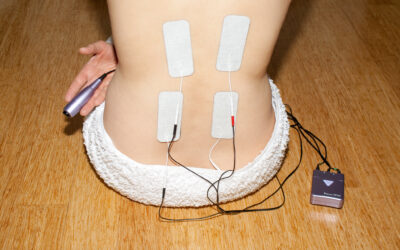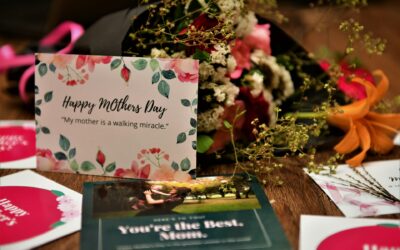Potty training takes time, effort and patience. It can be stressful but be full of joy and delight. When your little toddler manages to wee in the potty for the first time the happiness is complete – both for you and for your toddler. The excitement and the proud look on a little face makes up for all the struggle potty training can entail.
Start at the right age
The most critical thing for a successful potty training seems to be that you start at the right age. This ‘right age’ varies from child to child, but usually happens sometimes between two and three years old (with exceptions in both directions). Most studies show that a child under two years cannot control their bladder and rectum, because the muscles aren’t mature until they reach about 18 months to two years. The key to success is therefore that the child is ready to start ‘training’.
People kept telling me “don’t rush” when I talked about potty training. Sure, I did not want to rush, but most Belgian schools only accept children if they are out of their nappies. And since school starts at the age of two and a half years old, the training has to start before that age, whether they are ready or not.
A good crèche helps
With my first daughter things were easy – she learnt to use the potty at her crèche. The ladies in the crèche lined all the kids up on the potties and somehow it worked. We had a few accidents here and there, of course, but in general it went very smoothly with little effort from our side. She was dry and ready to start school with no problems at the age of exactly two and a half years old.
Our second daughter is different. Whilst she seems very independent, excited to start school and always eager to learn, she has been more troublesome when it comes to potty training.
I started showing her the potty and made her sit on it when she was around two years old, but she wasn’t very enthusiastic. At first she played with it (she even put it on her head) or angrily pushed it away. Later she sat on it for a few seconds, and then ran away. But she was happy to use plenty of toilet paper after each time she had sat down on the potty, although she had not done a thing.
She did not dislike the feeling of wearing a wet or dirty diaper, so that did not help either. Another issue was that she was in a ‘mini-garderie’ with only six other children, all of them younger than her so, unlike her sister, she did not learn from her buddies.
Take a break if it doesn’t work
Since our little princess did not show any interest in the potty, I put the whole training on hold for a while. I did not see the point in forcing her, fearing that it would just make the situation worse. But the anticipated school start kept coming nearer and I had to do something.
Although she had not yet had one single success with the potty, I decided to remove her nappies, but always keep the potty nearby. We talked a lot about it and eventually we told her that she couldn’t start school before she learnt how to pee and poo on the potty. I felt that we put pressure on her and I was not very pleased with it, but somehow it made her try harder. She sat longer on the potty and she went there herself without me telling her to do so. She really did try, but always ended up saying “it is not coming”.
But then, one day when I nearly started to despair, she finally did her first wee on the potty. She was very surprised herself and the rest of the family cheered and clapped hands with delight. She then just simply stood up from the potty and did a graceful bow. After that first time things became a little easier and eventually she learnt to master the potty.
Be realistic
There are plenty of websites to help you with the “do’s and don’ts”, some more useful than others. You can also read articles about, for example, how to potty train in three days, but if you have that as a goal you risk being disappointed. It might work, but most likely it will take longer than that, so be patient! There are also articles about potty training from a very early age (infant potty training). Again it is good to keep in mind that babies are not physically able to control their bladder at a very young age.
My personal view is that it might be worthwhile to do a couple of intensive weeks when the child is a bit older rather than drag it on for a long time from an early age. Perhaps try to find a week or two with low stress and when you don’t need to go out too much so you can practice at ease at home.
7 tips for success
Based on my reading and research here’s my list of useful points to think of when potty training:
1. Is the child ready for it: starting before your child is ready doesn’t mean you’ll succeed sooner; it’s more likely that the process will take longer. Potty training is much more likely to be successful if you start at the right time (see website links below to help you assess whether your child is ready or not).
2. Demonstrate, explain, talk: I think the best way to learn is if the child sees other children use the potty or the toilet (at crèche, play groups, older siblings, friends etc…), but talking about it also helps.
3. Be supportive, understanding and rewarding: having an accident can be very upsetting for the child. It is therefore important to let them know that accidents happen and that eventually they will learn.
4. Be consistent: if you decide to remove the nappies, you might want to stick to that at all times, otherwise it can be confusing if they sometimes can wee in the nappies and sometimes not (naptime excluded of course).
5. Keep potties in several places: having a potty nearby was very useful to us, I had two at home and kept moving them around – if my toddler was in the kitchen, the potty was also in the kitchen. When the child has learnt to hold it a bit longer the potties can be moved in to the bathroom, but it is important that he or she can get to the potty whenever need be without having to open too many doors, gates or other ‘obstacles’.
6. Bring a potty with you: I never brought a potty with me when I went out, but I have seen other families do so, and it seems like a good idea. A lot of restaurants, for example, do not have potties and weeing in the big toilet might be too difficult. Having your own potty with you might be useful and these days you can buy foldable potties that just look like a cute little plastic toy bag.
7. Wiping and washing: teach your child to wipe his or her own bottom. Good wiping is important just as washing hands after each toilet visit. The sooner they learn this, the better it is for the hygiene for the whole family.
Further Reading:
http://www.babycenter.com/toddler-potty-training-advice
http://www.netmums.com/preschooler/potty-training
http://kidshealth.org/parent/emotions/behavior/toilet_teaching.html
By Annika Eaton
This article was first published in the March/April 2015 edition of Small Talk magazine.
